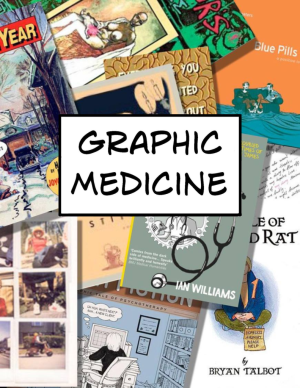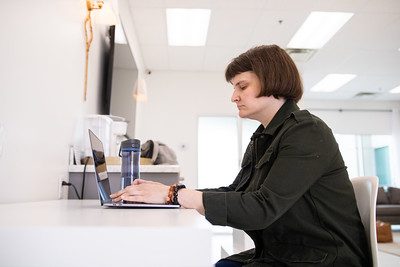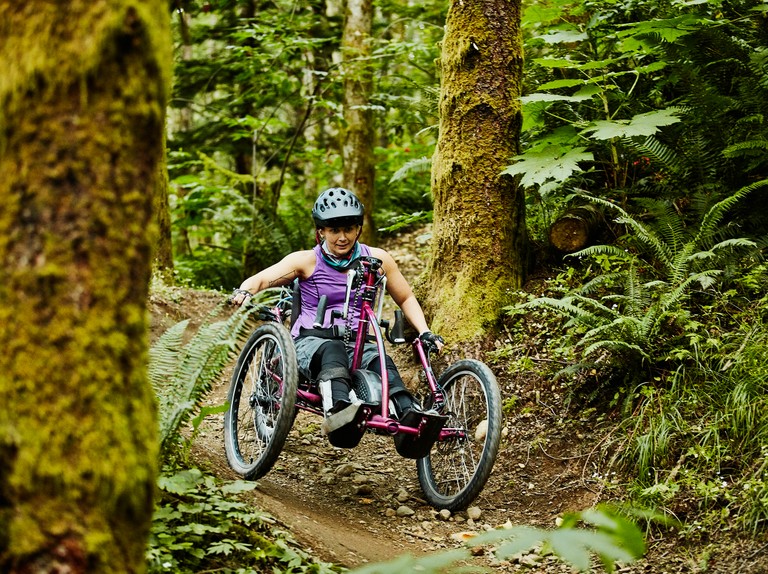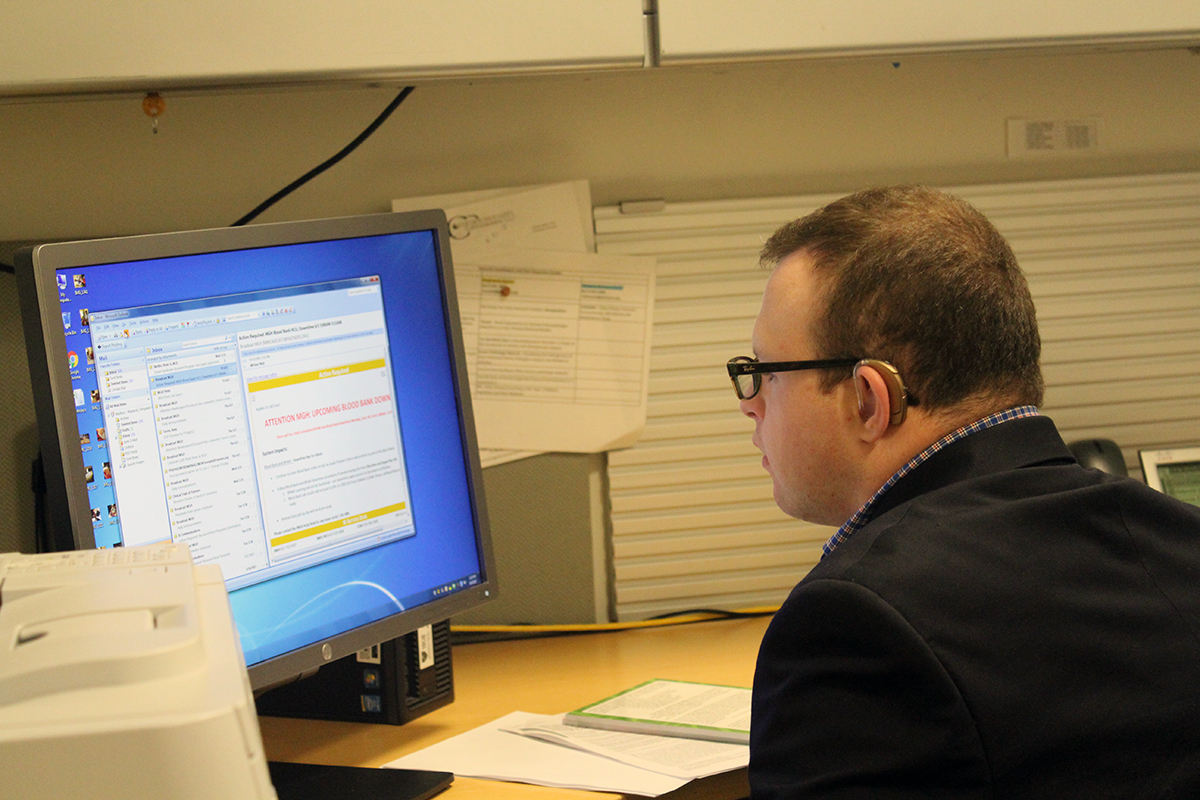Thanks to a grant from the WITH Foundation, HDI will have the opportunity to create new resources in the emerging field of graphic medicine.
“Graphic medicine is a field which explores the intersection between comics and illustration or graphic formats with the field of healthcare, health, and medicine,” said Erin Fitzgerald, who brings her expertise with graphic medicine to the project. Fitzgerald explained that graphic medicine frequently uses sequential art forms like comics to explore medical topics. Comics, Fitzgerald noted, are one of the more common formats used in the field, but there are other forms of visual media that it uses. It can allow for more voices in medical fields, reduces the distance between patient and doctor, and follows the principles of universal design by offering easily understood explanations of medical information.
And thanks to the help of the WITH Foundation, HDI hopes to expand its library of graphic medicine resources.
“We want to curate existing graphic medicine materials that might be relevant for people, and then create new graphic medicine materials using teams of people,” said Project Director Laura Butler. “Each material will have a team that has a person with a disability who’s identifying an issue in healthcare that they want to discuss or improve, and they will work with one of our project team members as well as a creative to bring that graphic medicine piece to life.”
In addition, the grant will allow HDI to deepen its relationship with UK HealthCare. The two organizations are already working together on a transition-to-work program for high school students with intellectual and developmental disabilities called Project SEARCH. This new grant will allow the two more chances to use stories of lived experience to address barriers to healthcare access, as well as to increase understanding of healthcare processes and experiences for both patients and practitioners.
This won’t be the first time that HDI and the WITH Foundation have partnered. This is the third time HDI has worked with the foundation, and in the past, the collaboration produced a short comic that explained the process of drawing blood. Though Butler said she didn’t recognize it as graphic medicine at the time, now she’d think of it as a high quality example of the form. This project aims to create more resources of a similar nature.
“This project will improve access to healthcare for people with developmental disabilities (DD) through the use of graphic medicine. People with DD will work collaboratively with creatives (visual and graphic artists) and healthcare clinicians to create materials that communicate both the patient and the provider side the healthcare experience,” the grant proposal said. “People with DD will develop the concept for each set of materials by drawing on their lived experiences and creatives and clinicians will bring the concepts to fruition by using their own areas of expertise. Members of the collaborative teams will be identified on an as-needed basis in order to foster a fluid and creative space for innovation.”
Butler and Fitzgerald aren’t sure what specific materials will be created with this project. Before they see what that could be, they have to unite the teams that will create the new resources. But both are excited to see how this could help people eliminate barriers to quality healthcare for people with disabilities.
“So many people have stories about things that have gone wrong with healthcare,” Butler said. “Anything we can do to make that process easier is good…Hopefully these types of things will make it less intimidating, and less overwhelming for people.”
Fitzgerald agreed, noting that stories of the challenges people with disabilities face when finding quality healthcare often go untold. This project, however, would put the power in their hands to help solve those problems.
“It is so rare when people with lived experience with disability are asked to participate in something as an equal partner and as a consultant,” she said. “The way a lot of our systems in society are structured is that we look at the majority – and anything outside of that, we kind of get to it when we get to it. So this kind of collaboration is really important to me, where we start with perspective and experience that is usually considered as an afterthought.”




